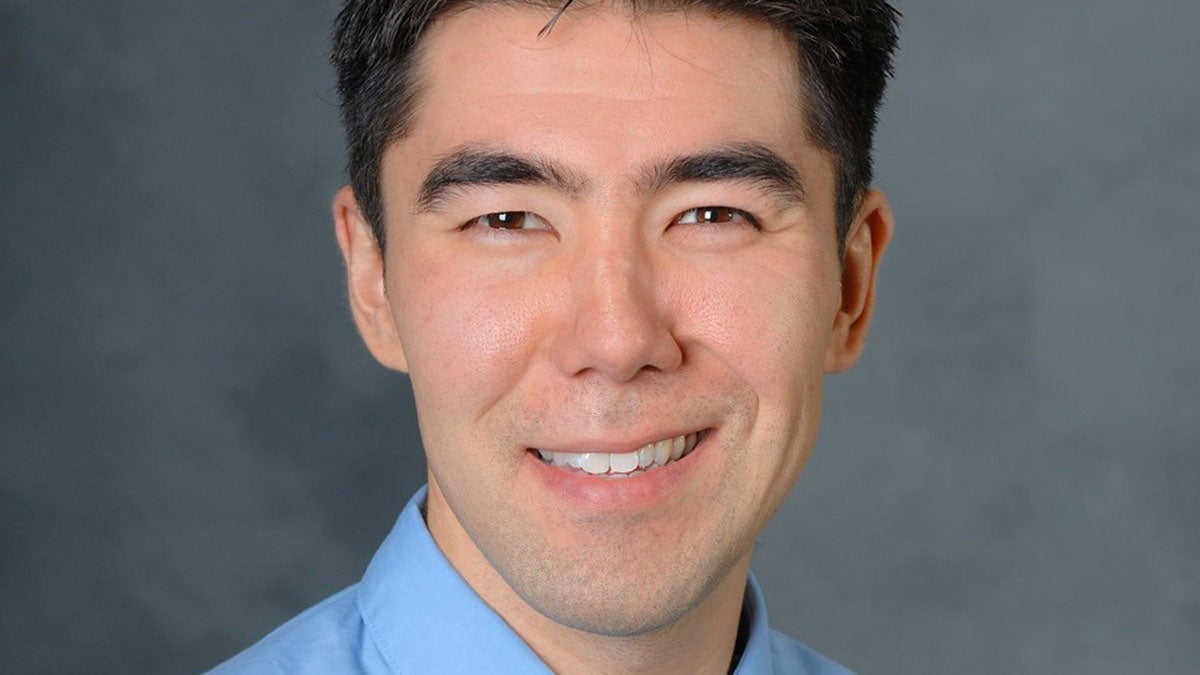Peter Lillehoj has been awarded two grants by the National Institutes of Health to develop improved diagnostic tests for two often intractable illnesses — HIV and Chagas disease.
“HIV is still one of the deadliest infectious diseases in the world. Transmission is now largely driven by acutely infected people who are unaware of their status and those already receiving antiretroviral therapy but are not virally suppressed,” said Lillehoj, Shankle Chair and Associate Professor of Mechanical Engineering (MECH) at Rice.
With the $1.37 million grant, Lillehoj will work to develop a CRISPR-Cas13-based rapid HIV-1 test.
Currently available rapid tests lack the sensitivity needed for detecting HIV during early stages of acute infection. Nucleic acid amplification tests (NAATs) can detect the virus as early as five to 10 days after transmission, and are the best diagnostic tools currently available.
“But NAATs are laborious and time-consuming and rely on expensive instrumentation and refrigerated components, which hinders their use in self-testing,” Lillehoj said. “Our objective is to develop a shelf-stable, instrument-free CRISPR- Cas13-based rapid test for highly sensitive HIV detection in blood or saliva.”
“We want to offer a simplified workflow that can be performed in home settings, similar to the COVID-19 antigen rapid self-tests.”
His collaborators on the HIV project are Xue “Sherry” Gao, T.N. Law Assistant Professor of Chemical and Biomolecular Engineering; Philip Kortum, associate professor of psychological sciences; Jason Kimata and Dr. Thomas Giordano at Baylor College of Medicine.
Chagas disease is a tropical illness endemic to Latin America but detected with increasing frequency in the U.S. It is caused by the Trypanosoma cruzi (T. cruzi) parasite and transmitted by insect bites.
With the $435,000 grant, Lillehoj will work with Dr. Rojelio Mejia at Baylor College of Medicine to develop a serological test for detecting all geographical variants of the disease.
Diagnosis of Chagas disease is challenging because patients can be asymptomatic or have nonspecific symptoms. If untreated, acute infection progresses to a chronic phase in which between 20 and 40 percent of patients will develop a life-threatening illness, including cardiomyopathy, heart failure and cardiac arrest.
“Existing serological tests are often inconclusive or give false-negative/positive results,” Lillehoj said. “The World Health Organization and the Pan American Health Organization recommend tests using at least two different serological techniques for diagnosing Chagas infection. In the U.S., discrepancies in results require the sample to be forwarded to the Centers for Disease Control for additional testing to confirm diagnosis.”
The process is time-consuming and expensive. The aim of the project is to develop a serological test to detect all geographical variants of Chagas disease, using carefully designed recombinant T. cruzi antigens for highly specific detection of all subtypes.
In 2019, an estimated 6.5 million people worldwide had Chagas disease, with some 173,000 new infections and 9,490 deaths each year.
Lillehoj earned a B.S. in MECH in 2006 from Johns Hopkins University and an M.S. and Ph.D. in MECH from the University of California, Los Angeles in 2008 and 2011, respectively. He joined the Rice faculty in 2020.

